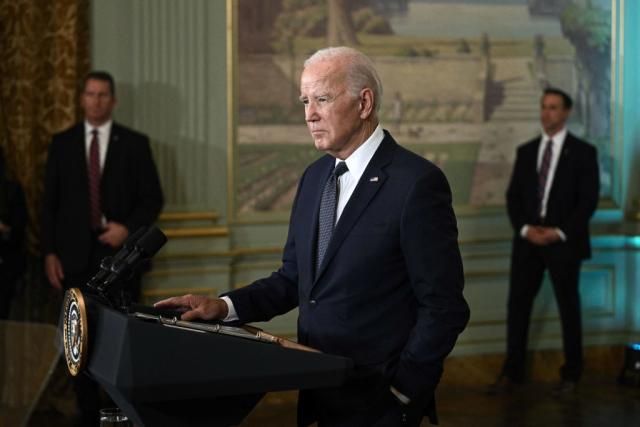President Biden Labels Xi Jinping a 'Dictator' Amidst Progress in U.S.-China Relations: A Detailed Look at the San Francisco Summit
In a recent high-stakes summit in San Francisco, President Joe Biden made headlines by continuing to refer to Chinese leader Xi Jinping as a 'dictator', a label highlighting stark differences in the governance models of the U.S. and China. This candid remark came amidst discussions indicating a

In a recent high-stakes summit in San Francisco, President Joe Biden made headlines by continuing to refer to Chinese leader Xi Jinping as a 'dictator', a label highlighting stark differences in the governance models of the U.S. and China. This candid remark came amidst discussions indicating a thaw in the strained U.S.-China relations, with Biden revealing the establishment of new military-to-military communication channels aimed at preventing accidental conflicts between the two superpowers.
The summit, which took place against the backdrop of the elegant grounds of a California estate, also saw President Biden issuing a stern warning to Xi against any interference in Taiwan's forthcoming elections in January. Biden reaffirmed the U.S.'s commitment to the One China policy, stressing that this long-standing stance would not waver.
In addition to the Taiwan issue, the two leaders engaged in discussions on various critical global matters. These included the ongoing conflict in Ukraine instigated by Russia, the volatile situation in Gaza, and allegations of Hamas using hospitals for military purposes – a claim Biden stated is backed by U.S. intelligence.
The meeting, marking the first face-to-face interaction between Biden and Xi in over a year, was not just about bilateral issues. Xi Jinping called on the U.S. to take 'concrete actions' to reassure China about its policy on Taiwanese independence and urged an end to U.S. arms sales to Taiwan.
The significance of this summit extended beyond the discussions between the two world leaders. Held in San Francisco during the APEC summit, the event was marked by various protests on global issues, including oil and Palestine, reflecting the wide array of challenges facing world leaders today.
As the leaders of two of the world's most powerful nations met, it was clear that their decisions and discussions would have far-reaching implications, not just for U.S.-China relations but for the global geopolitical landscape as a whole.




